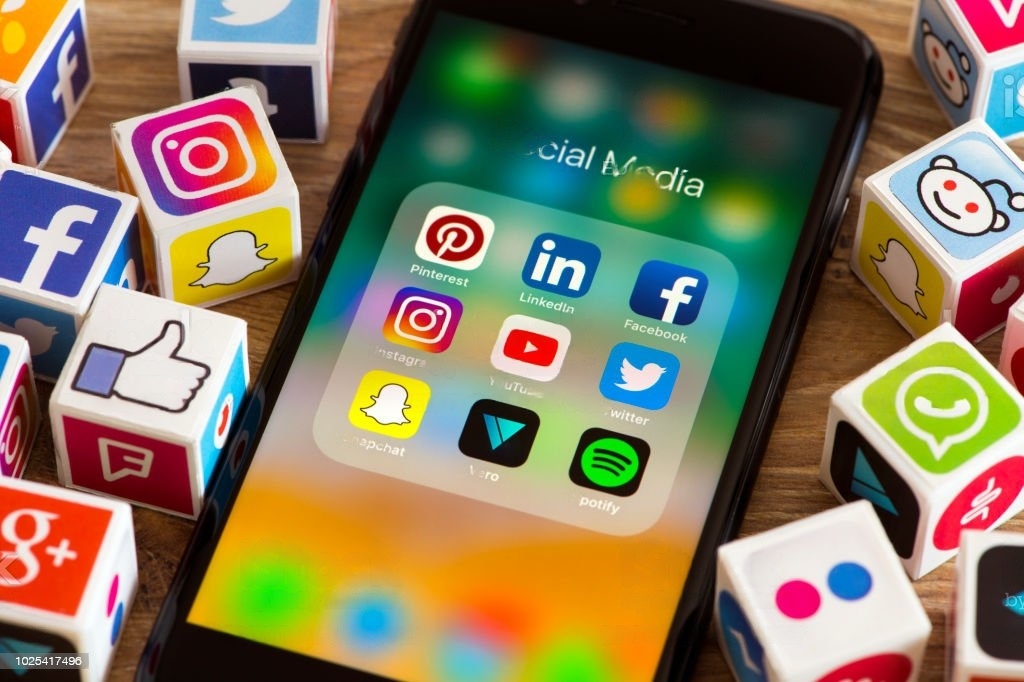Introduction
Social media has become an integral part of our daily lives, transforming the way we communicate, connect, and share information. The rise of platforms like Facebook, Instagram, and Twitter has had a profound impact on society. In this article, we will explore the pros and cons of social media and delve into its influence on various aspects of our lives.
The Pros of Social Media:
Enhanced communication and connectivity
Social media platforms have revolutionized how we interact and stay connected with others. Whether it’s reconnecting with old friends, maintaining relationships with loved ones who are far away, or making new connections, social media provides a convenient and instant means of communication.
Platform for self-expression and creativity
Social media has empowered individuals to express themselves and showcase their creativity. From sharing personal stories, artwork, and photography to engaging in discussions on various topics, social media offers a platform for self-expression and the opportunity to discover and appreciate diverse forms of creativity.
Information sharing and awareness
Social media serves as a powerful tool for sharing information and raising awareness. It facilitates the rapid dissemination of news, current events, and important social issues. Social media platforms have played a vital role in spreading awareness about social causes, promoting activism, and mobilizing communities for positive change.
The Cons of Social Media:
Negative impact on mental health
While social media has its benefits, it has also been linked to negative effects on mental health. The constant exposure to carefully curated highlight reels of others’ lives can lead to comparison and feelings of inadequacy. Moreover, cyberbullying and online harassment have become prevalent issues, affecting the emotional well-being of individuals.
Privacy concerns and data security
The extensive sharing of personal information on social media platforms raises concerns about privacy and data security. Users must be cautious about the information they share and the potential risks associated with data breaches or misuse of personal data by third parties.
Distraction and addiction
The addictive nature of social media poses a challenge in managing our time and attention. Excessive use of social media can lead to a loss of productivity, strained real-life relationships, and a diminished focus on personal goals. The constant need for validation through likes, comments, and followers can also contribute to addictive behaviors.
Social Media’s Influence on Society:
Political and societal impacts
Social media has significantly influenced politics and public opinion. It has become a platform for political discourse, shaping public narratives, and influencing elections. Moreover, social media has been instrumental in amplifying social movements, providing a voice to marginalized communities, and fostering collective activism.
Economic implications
The rise of social media has transformed the business landscape, offering new marketing avenues and opportunities for businesses to connect with their target audience. Influencer marketing has become a thriving industry, with individuals leveraging their social media presence to collaborate with brands and promote products.
Cultural shifts and social norms
The pervasive use of social media has brought about cultural shifts and changes in social norms. Communication patterns have evolved, with shorter and more visual forms of communication becoming the norm. Social media also shapes lifestyle trends, fashion, and consumer behavior, creating a new digital culture.
Finding Balance and Responsible Social Media Usage:
To mitigate the negative impact of social media and harness its benefits, it is essential to practice responsible usage:
Setting boundaries and managing screen time
Establishing limits on social media usage and allocating specific times for engagement can help strike a balance between online and offline life. Setting boundaries allows for a healthier relationship with social media and promotes a more fulfilling real-life experience.
Practicing digital well-being and self-care
Prioritizing self-care and digital well-being is crucial. Being mindful of the content consumed, unfollowing accounts that trigger negative emotions, and engaging in activities that promote well-being offline are essential for maintaining a positive mentalhealth while using social media.
Promoting digital literacy and critical thinking
Encouraging digital literacy and critical thinking skills is vital in navigating the vast sea of information on social media. Developing the ability to evaluate sources, fact-check information, and distinguish between reliable and unreliable content helps individuals make informed decisions and avoid spreading misinformation.
Conclusion
Social media has undoubtedly had a significant impact on society, bringing both benefits and challenges. It has revolutionized communication, connected people across the globe, and empowered individuals to express themselves creatively. However, it also poses risks to mental health, privacy, and productivity. By understanding the pros and cons of social media and adopting responsible usage practices, we can maximize its advantages while minimizing its negative effects. Striking a balance between online and offline life is key to harnessing the potential of social media and maintaining a healthy digital presence in today’s connected world.

